The future of chip development seems to lie in the hands of generative AI. NVIDIA has now introduced a new LLM called “ChipNeMo”, which is intended to help engineers design semiconductors and offers a range of new benefits. Thanks to the immense capabilities of generative AI, chip development can now progress much faster. Identifying the basic elements of a chip is one of the most difficult tasks in the development phase, especially for complex semiconductors that are “built with tens of billions of transistors, connected on interconnects 10,000 times thinner than a human hair”.
Designing chips not only requires great human thinking skills, but is also a lengthy process that often takes years or even decades to reach the optimal position. However, thanks to the rapid advancement of generative AI capabilities, NVIDIA has succeeded in developing a customized LLM that serves as a tool for engineers to deliver a revolutionary end product for the semiconductor industry.

NVIDIA has announced in a blog post that the company plans to use its ChipNeMo model in various phases of chip development. This should not only significantly improve productivity, but also save labor costs and the time it takes to design a chip. NVIDIA has also presented the first use case of its LLM, in which a chip designer answers questions about the GPU architecture. You can read the article as PDF below.
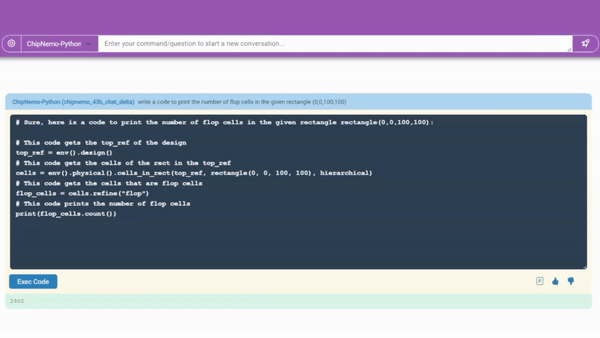
The developers started with a basic model and then combined it with the NeMO LLM to create and deploy customized AI models. The result was a model with an impressive 43 billion parameters, which is significant in the complex world of chip development. The model was trained with over a trillion tokens, words and symbols in text and software.
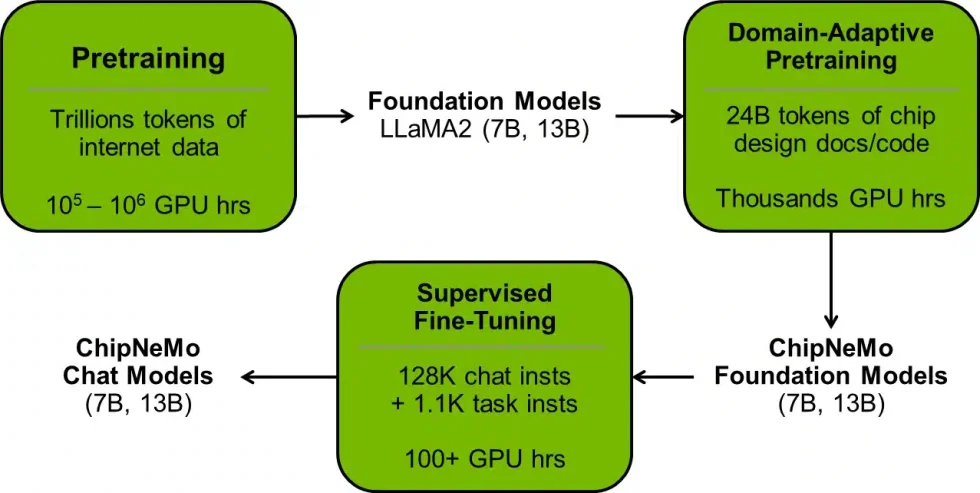
The big question now is how NeMo would actually contribute to the advancement of the semiconductor industry in the future. To clarify: NVIDIA’s NeMo model is similar to ChatGPT for students in that it helps them in the end process, but doesn’t take them “beyond the current state.” Similarly, NeMo is geared towards helping chip designers to some extent with critical questions, technical facts or even problem solving. However, it is safe to say that generative AI is now becoming a dominant part of every industry and is that something to look forward to? Well, time will tell.
ChipNeMoSource: NVIDIA Blog















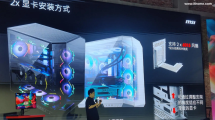
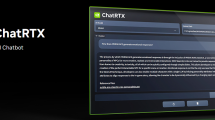







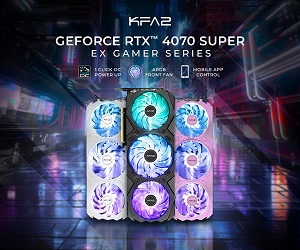

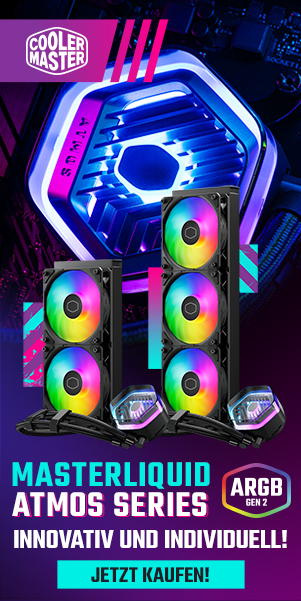


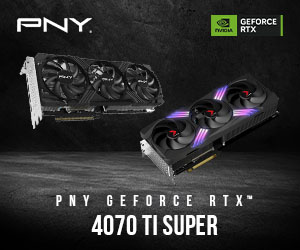


4 Antworten
Kommentar
Lade neue Kommentare
Urgestein
Mitglied
Urgestein
1
Alle Kommentare lesen unter igor´sLAB Community →